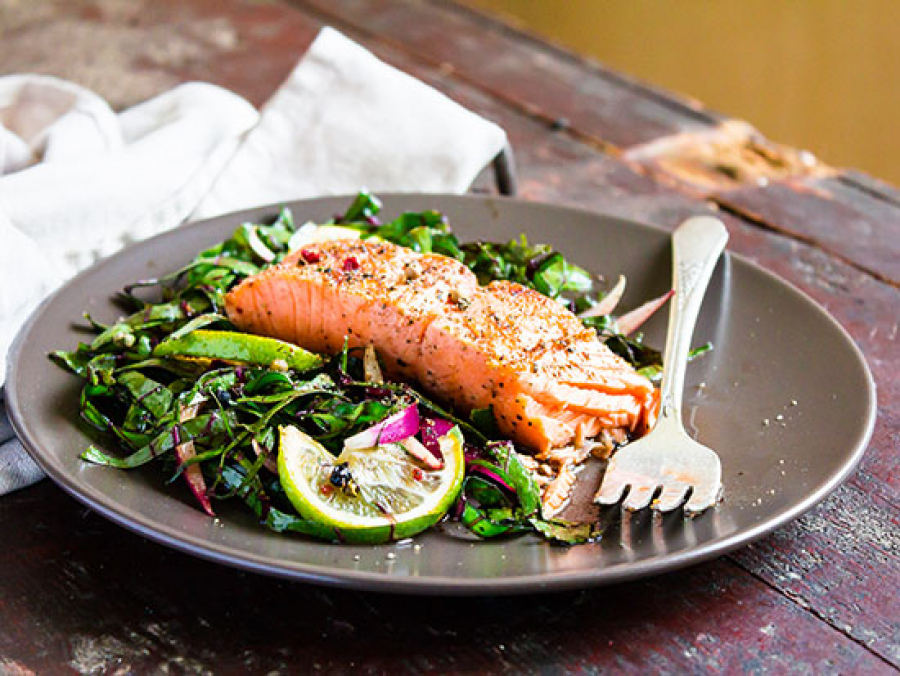Research & Innovation
Early research internships allow students to discover careers of interest they may not otherwise experience, providing an effective way to set them up for success, study suggests.
A new study confirms that G207, a genetically engineered virus developed at UAB, may be a beneficial therapy for brain tumors.
The human preclinical model at UAB provides important knowledge before a Phase I clinical trial can begin for living human recipients. Decades of work by researchers across the world preceded UAB’s first clinical-grade pig kidney xenotransplant.
A detailed mechanistic study unravels how the bacterial endotoxin LPS prevents or promotes allergic disease.
UAB researcher explains why retailers prefer customers to keep purchased items instead of returning.
Although unproven, this novel sickle cell therapy serves as a potential cure. More measures need to be taken to determine long-term function and organ improvement.
Research in animal models shows better formation of the fistulas, which are a lifeline for kidney failure patients as the connection site to dialysis machines.
After years of researching the SON gene, Erin Eun-Young Ahn, Ph.D., may have found the cause behind an extremely rare disease.
Recent studies have shown that formal exercise training can help boost memory, and memory deficit is relatively common in people with epilepsy.
Basic and translational research in this field aims to repair heart injury and prevent the heart failure that often follows a heart attack.
Bacteria use molecular machines to move proteins, including toxins, across cell membranes. M. tuberculosis, which kills more than 1 million people a year, uses the ESX-4 type VII secretion system to transports its potent exotoxin.
The study concluded that participants were hesitant to receive the COVID-19 vaccine due to mistrust, fear and lack of information.
UAB’s Julie Kanter, M.D., says statewide surveillance programs for sickle cell disease can help facilitate progress to improve outcomes.
About three-quarters of people were consistently honest, telling between zero and two lies per day. By contrast, a small subset of people averaged more than six lies per day and accounted for a sizable proportion of the lies, says researcher Timothy Levine, Ph.D.
The effort led by UAB is projected to receive $17 million from NIH to support up to four years of patient follow-up.
The life sciences fund will focus on development of early-stage UAB technologies and startup companies.
Release of TT-10 from nanoparticles improved heart function after a heart attack, accompanied by increased cardiomyocyte proliferation and smaller infarct size.
UAB researchers will study psilocybin, a psychedelic compound, on its effects on smoking cessation.
The NIH grant creates Multiple Chronic Disease Centers around the nation to target chronic disease in minority populations.
Lupus, an autoimmune disease that can attack any part of the body, can be confounding because patients often respond differently to the same treatment, and they vary widely in the severity of their symptoms.
The study, from UAB’s Institute for Arts in Medicine, shows that learning tricks in a magic camp can boost feelings of self-esteem and confidence in children and adolescents with disabilities.
Blood and marrow transplantation strategies have changed significantly over the past four decades; but recipients still experience excess mortality that translates into 8.7 years of life lost, according to researchers in UAB’s Institute for Cancer Outcomes and Survivorship.
The study, led by Barbara Gower, Ph.D., is the first randomized clinical trial of a hypothesis that reducing fat stored around organs, through diet alone, can rescue beta-cell function.
Limiting neuroinflammation may represent a promising new approach to treat neurological diseases driven by neuroinflammation, such as stroke, spinal cord injury and neuropathic pain.
Researchers are looking for people who either have Type 2 diabetes or are overweight to participate in the studies.
A study conducted by UAB researchers found that insulin resistance, a precursor to fatal cardiovascular events, is common among young adults.
UAB’s Technology Innovation Center houses a state-of-the-art data center, the fastest university internet connectivity in the state, expandable technology infrastructure, and colocation for UAB’s partners in distributed IT.
The grant will explore ways to employ artificial intelligence with telehealth in rural, underserved areas of the South.
The higher infectivity correlates with mutations that increase viral binding to a cell surface glucosaminoglycan, heparan sulfate.
This finding upends the long-held paradigm that priming during lung infections takes place only in the draining lymph nodes, and it will be key to developing more efficient vaccinations and therapies for respiratory challenges.





























